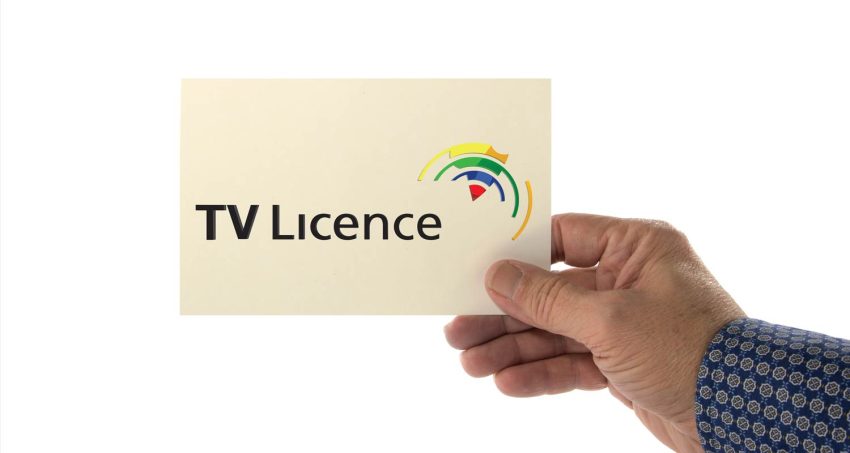According to a report by News24 (paywall) on Monday, approval of the exemption will not decrease the amount people pay for their TV licence, as the SABC will keep fees the same and pocket the 15% VAT portion, which currently goes to the national fiscus.
Speaking in parliament last week, SABC CEO Nomsa Chabeli described the move as a “short-term” benefit expected to add around R100-million to the public broadcaster’s coffers in the current financial year.
“We will never get an increase on the TV licence. Making the licences zero-rated [for VAT] would give the SABC a short-term benefit from a liquidity perspective,” Chabeli told the standing committee on appropriations.
The proposal comes as the broadcaster scrambles for “Band-Aid” solutions to its shore up its finances while the controversial SABC Bill remains in limbo. The bill was pulled from parliament by communications minister Solly Malatsi last November, who said it was “inadequate” at addressing the public broadcaster’s funding model and gave politicians too much power over its board.
Since then, the SABC has made various proposals to parliament in an effort to fund its R2.3-billion public mandate. In a May presentation to the standing committee on public accounts (Scopa), the SABC raised the possibility of hiking TV licence fees as another option.
Non-compliance
However, TV licences accounted for just 13% (R686-million) of the SABC’s revenues in 2024. The fees were collected from 2.1 million accounts, representing an estimated compliance rate of only 19%. It reported an 8% decline in TV licence fee revenues from the R741-million collected in the 2023 financial year, it said.
The R265 licence fee, which is payable annually by all owners of screens capable of receiving the SABC’s broadcasts, was last hiked in 2013, partly to stem the tide of falling compliance rates even then.
“For the previous year, we billed close to close to R4.3-billion and only collected around R800-million. That just goes to show you the evasion rate on those we bill and it does not even take into account those who acquire new TV sets,” said Chabeli.
Read: South Africa mulling streaming levy to fund SABC
Another proposal to address the SABC’s funding crisis, presented by Malatsi in March, is the possibility of introducing a streaming levy. The levy would apply to all South Africans who subscribe to local and international streaming services. Malatsi noted, however, that the levy would raise the cost of accessing streaming services and might be rejected by the public, who are likely to view it as an additional tax. Chabeli told parliament last week that the unenforceability its licence fee model is a major problem.
“The law ties the obligation to owning a physical TV set, and we all know that that is outdated given the rise of streaming and mobile technologies. The reality is that there is a lack of enforcement mechanisms; unlike when people don’t pay taxes or municipalities, we have no access to debt recovery mechanisms like garnishees or blacklisting,” said Chabeli. “Those who pay for TV licences pay out of the goodness of their own hearts.”
Chabeli said work to develop the SABC’s funding model is ongoing, citing a “Vision 2030” document that describes the public broadcaster as a “transformed” content business “supported by multi-platform technology in the digital age”. For the SABC to function properly, Chabeli said regulatory parity is an important consideration, especially considering that no other broadcaster is burdened with the regulatory overheads of the public mandate bestowed upon the SABC.
Read: SABC Plus tops a million registered users
She also drew attention to instances where the SABC was sidelined out of revenue generated from entities in which it had a vested interest, citing the 2022 spectrum auction and prior sales (between 1996 and 1998) of SABC-owned radio stations as examples.
“About R14-billion was raised in that [spectrum] auction, but no allocation of the revenue was ever given to the SABC – all the money went straight to the fiscus. So, there is a history where assets get sold and the SABC does not benefit from the sale of those assets,” said Chabeli. – © 2025 NewsCentral Media
Get breaking news from TechCentral on WhatsApp. Sign up here.
Don’t miss:
Hiking TV licence fees won’t solve the SABC’s funding crisis
